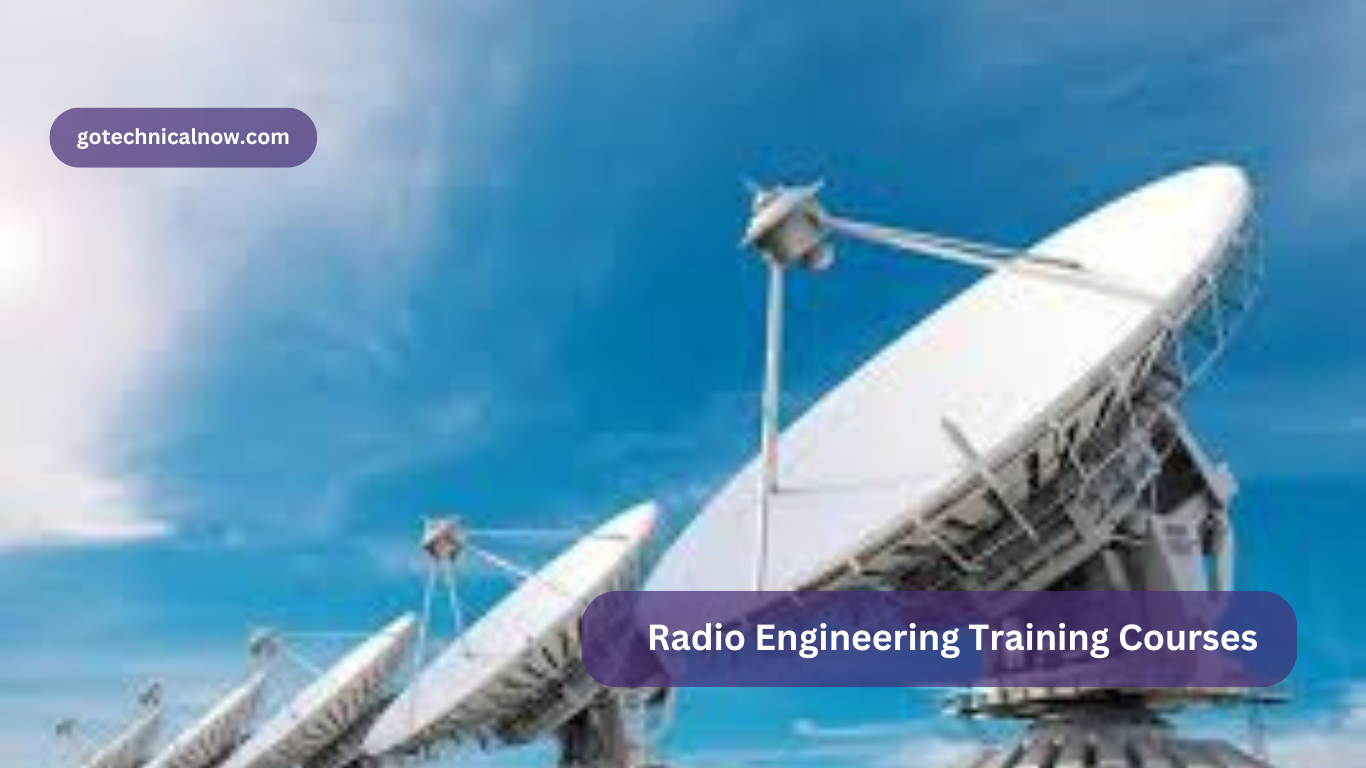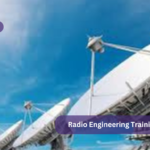Radio Engineering Training Courses

As technology advances, the need for skilled professionals in radio engineering continues to grow. Radio engineering plays a crucial role ...
Read more
4G – A Global Broadband Network Course

The digital age is here, and staying updated with the latest technology is crucial. One such vital technology is the ...
Read more
Top 4G LTE Courses Online

In today’s digital age, having expertise in 4G LTE technology is a valuable asset. Whether you’re a telecom professional or ...
Read more
4G Network Fundamentals

In today’s fast-paced world, staying connected is essential. The internet has become a vital part of our lives. One of ...
Read more
5G Technology Technical Course

Welcome to our comprehensive 5G-NR Technology Course, meticulously designed to provide a robust understanding of 5G New Radio (NR) technology, ...
Read more
4G Technology Technical Course

The advent of 4G technology marked a significant milestone in the evolution of mobile communication, offering unprecedented data speeds and ...
Read more





